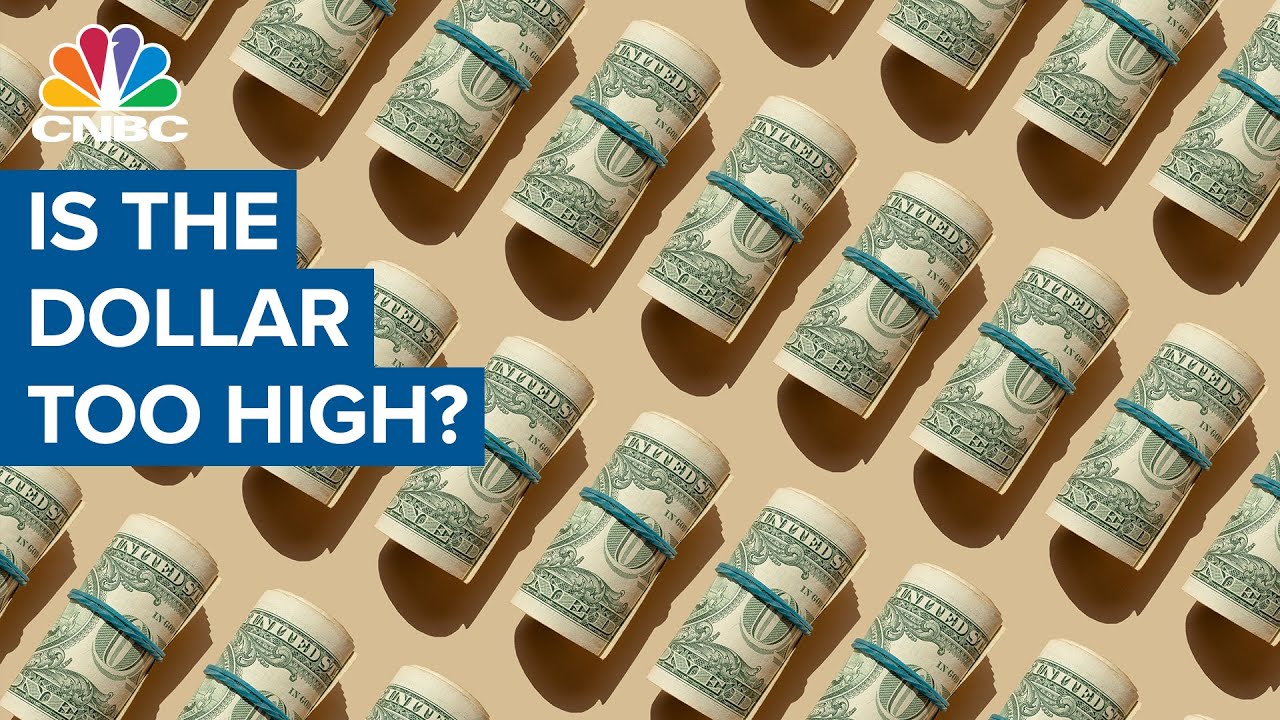The Treasury Market Is Too Low, And The Dollar Is Too High: Cantor Fitzgerald's Howard Lutnick
Unleash Your Creative Genius with MuseMind: Your AI-Powered Content Creation Copilot. Try now! 🚀
The recent decision by the federal reserve has sparked discussions about the state of regional banks and the overall banking system. With reports of turmoil and a lack of faith in the industry, it's clear that something is amiss. To gain some insight into this situation, let's bring in Howard Lutnick, a prominent figure in the financial world.
Lutnick believes that the trillion dollars that has been pulled out of the regional banking system and redirected into money funds, treasuries, and major banks indicates a pressing issue. In his words, this is like putting your hand on the neck of the lenders. The impact of this shift is that banks are now lending less money, which is equivalent to a 100-basis point interest rate hike. This suggests that the federal reserve has reached the end of its tightening cycle, signaling the conclusion of a series of rate hikes.
But are we currently 100 points too high? Lutnick acknowledges that there might be some truth to this statement, suggesting that we may be 50 basis points higher than expected. However, he also raises the question of whether it would be wise for the central banks to cut rates too quickly in the event of a market crisis. While some speculate that three interest rate cuts may be necessary this year, Lutnick argues that the impact of rate cuts might not be as significant as anticipated, as the money that has been withdrawn from the banking system is unlikely to return.
The Weakness of the Central Bank
Lutnick highlights an interesting point - that the effectiveness of both rate hikes and rate cuts is limited. The recent withdrawal of a trillion dollars from the banking system has weakened the influence of the central bank. While rate hikes may not have had a significant impact due to this withdrawal, rate cuts may not be able to stimulate the desired response either. Lutnick suggests that the current situation may lead the central banks to maintain a steady position rather than make drastic changes.
This discussion leads to the question of whether there is an ongoing banking crisis. While individuals like Jamie Dimon and Jay Powell argue that the crisis is contained, Lutnick disagrees. In his view, it's hard to deny the problem that exists within the banking system. Just as a tailor wouldn't admit that suits are no longer in demand, bankers may have a bias when assessing the health of the industry. Lutnick asserts that the banking crisis is indeed a problem that cannot be overlooked.
Moving Forward
So, what does this all mean for the future of the banking system? Lutnick believes that the banking industry needs to acknowledge the severity of the situation and take appropriate measures. Merely claiming that everything is fine won't solve the underlying issues. Rather, a more proactive approach is necessary to address the challenges and instill confidence in the system.
As we navigate these turbulent times, it's crucial to remember that the decisions made by central banks, like the Federal Reserve, have a far-reaching impact. The banking system plays a vital role in the global economy, and any disruptions or weaknesses within it can have significant consequences. The key is to foster an environment that encourages transparency, innovation, and adaptability.
In conclusion, it's clear that the banking industry is facing substantial challenges. However, with proper understanding and strategic actions, there is hope for a brighter future. As we assess the state of the banking system, it's essential to remain objective and receptive to new ideas. By doing so, we can pave the way for a more resilient and robust banking industry that can withstand the uncertainties of the ever-changing global landscape. Let us embrace the opportunity for growth and transformation, and together, we can shape a better banking system for generations to come.

Related Recaps
- Our Lady of La Salette's Urgent Appeal: A Call to All People of Good Will in the End Times
- #Análisis | El fraude está en el ADN del PRI. No extraña el llamado de Alejandra del Moral
- THE LOCKER ROOM | HÉ LỘ CHỦ NHÂN CỦA NHỮNG CHIẾC CÚP MÙA GIẢI 2022/2023
- I have unfortunately returned
- FULL MATCH: Brazil vs. France 2006 FIFA World Cup